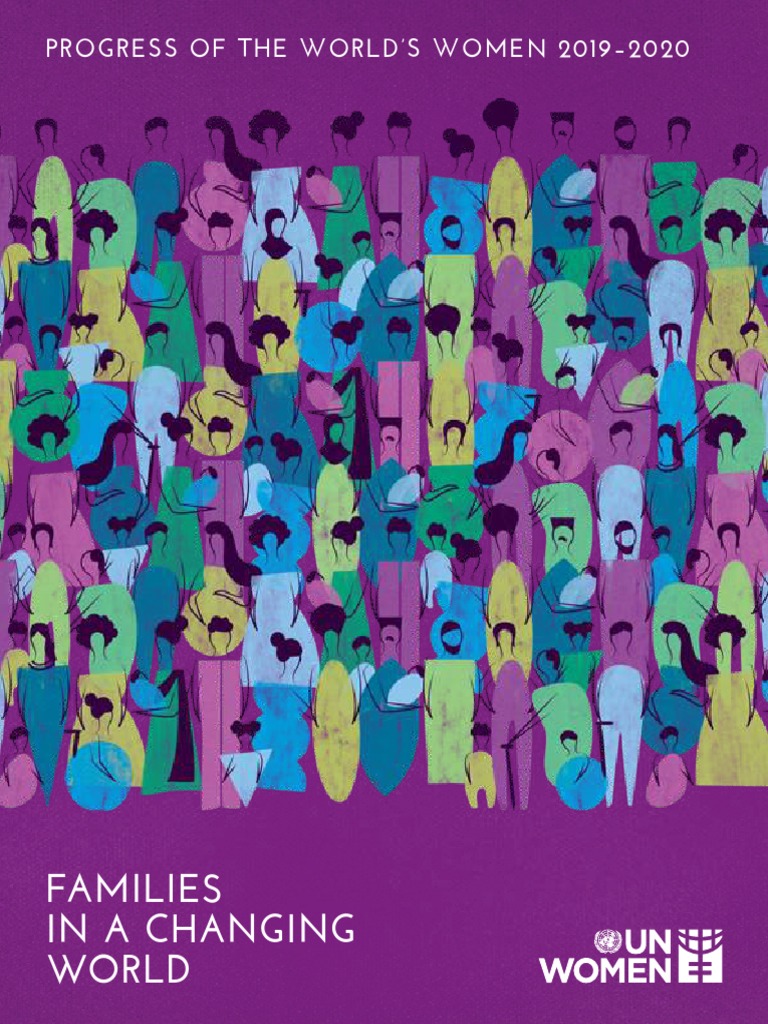Throughout history, women have often faced multifaceted challenges that have hindered their progress across various domains of life. However, the current global landscape presents a dramatically different narrative. The Bahá’í teachings illuminate a hopeful vista, underscoring that women are indeed making significant strides in the world. This article will explore the profound principles enshrined in Bahá’í teachings that affirm the equality of women and men, examine observable progress in women’s rights, and delve into the underlying factors that contribute to this transformative phenomenon.
1. The Fundamental Principle of Gender Equality
The core Bahá’í tenet posits the equality of women and men as a fundamental prerequisite for societal advancement. Abdu’l-Bahá, the son of Bahá’u’lláh, encapsulates this in his assertion that the empowerment of women is vital for achieving harmony in society. This principle is not merely philosophical but calls for tangible action, emphasizing education for women, participatory roles in governance, and equal opportunities in all spheres of life. The Bahá’í teachings advocate for the dismantling of archaic structures that perpetuate gender disparities, emphasizing that gender equality is essential for humanity’s collective progress.
2. Historical Context
Historically, the advancement of women has been mired in socio-cultural constraints deeply rooted in patriarchal paradigms. In many contexts, women’s voices have been marginalized, leading to systemic exclusion from various societal roles. The growth of women’s movements in the late 19th and 20th centuries, however, marked a pivotal shift. The establishment of the Bahá’í Faith from the mid-19th century onwards introduced unprecedented notions of gender equity, advocating that the development of society is inconceivable without the active participation of women. This vision laid the groundwork for contemporary societal transformations.
3. Education as a Catalyst for Change
One of the most significant advancements in women’s rights has been in education. The Bahá’í teachings place a strong emphasis on the critical role of education in empowering women. Access to education enables women to gain knowledge, skills, and confidence, fostering a sense of agency. In many regions, the rise in educational attainment among women correlates with increased participation in the workforce, politics, and community leadership roles. Women’s education not only benefits individual women but propels entire communities toward sustainable development, affecting economic growth and social equity.
4. Political Representation and Leadership
Another hallmark of progress is the growing representation of women in political arenas. Although challenges remain, the commitment to gender parity is increasingly recognized as vital to robust governance. The Bahá’í teachings encourage women’s participation in leadership roles, envisioning a collaborative decision-making process that fosters justice and equity. The representation of women in parliament and local governance has increased in numerous countries, reflecting a gradual yet vital shift in societal norms. As these women leaders implement policies that consider women’s perspectives, communities witness transformational changes in legislation and cultural narratives.
5. Societal Transformations: Case Studies
Real-world examples illustrate the revolutionary impact of women’s progress. Countries like Rwanda have experienced remarkable advances, with women holding a substantial percentage of parliamentary seats. This phenomenon can be partially attributed to the legislative reforms acknowledging women’s rights post-genocide, grounded in stronger advocacy and educational programs. Similarly, in Scandinavian nations, extensive social welfare systems support work-life balance and parental leave, enabling women to thrive both professionally and personally. These cases exemplify the direct link between women’s empowerment and broader societal advancements.
6. Resistance and Challenges
Despite observable improvements, the path toward gender equality remains fraught with resistance. Traditional norms, ingrained biases, and systemic barriers often impede progress. The Bahá’í teachings recognize these challenges but posit that perseverance in the face of adversity is essential. Engaging in discourses addressing stereotypes and advocating for systemic reforms is crucial. Building solidarity among women and developing alliances with men in the pursuit of equality can fortify movements toward change, dismantling the structural inequities that persist.
7. Spiritual Foundations and Transformation
The Bahá’í Faith uniquely interweaves spiritual and material development, asserting that personal transformation is indispensable for societal progress. The recognition of the divine potential within every individual, irrespective of gender, serves as a powerful motivator for change. This intrinsic understanding cultivates environments where empathy, respect, and cooperation can flourish. When individuals embrace the notion that they are part of a larger humanity, the barriers that separate genders begin to erode, fostering collaboration rather than competition.
8. The Future of Women’s Progress
Looking ahead, the trajectory of women’s advancement appears encouraging, though contingent upon continued advocacy and action. Institutions, communities, and nations must sustain their commitment to gender equality, ensuring that the strides made are not mere fleeting moments but rather part of a sustained evolution. The teachings of the Bahá’í Faith underscore the importance of collective efforts toward building a world where women and men collaborate as equals, nurturing a more just and harmonious global society.
In conclusion, the Bahá’í teachings provide a profound foundation for understanding the dynamic progress of women in the world. The ongoing journey towards gender equality is multifaceted, encompassing educational, political, and societal dimensions. Despite the hurdles that lie ahead, the commitment to justice and equality continues to illuminate the path, revealing the potential for transformative change. Women are indeed making progress, and with persistent effort, their future endeavors promise to reshape the very fabric of society, paving the way for a more equitable world for all.
